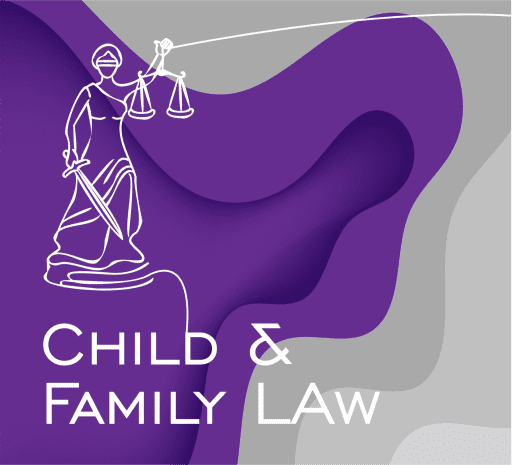When handling matters of child arrangements after separation, the child or children’s welfare is of paramount importance to the Court.
When the Court receives an application, it first refers the case to the Children and Family Court Advisory and Support Service (CAFCASS).
Prior to the first hearing, CAFCASS will do the following:
- Perform checks with the Police and local authorities to ascertain if there are any known risks to the welfare of the child
- Speak to both parties (usually by telephone) to discuss whether either parent has specific concerns about the child or children’s safety and welfare
- Try to help the parties reach an agreement
CAFCASS will strive to provide the Court with information that will be helpful in making a safe decision for the child.
Court proceedings usually have at least 3 stages:
-
First Hearing Dispute Resolution Appointment
At this hearing, the Judge or Magistrates will first want to understand where the parties agree and disagree. They will try to help find a solution to some or all of the issues that cannot be agreed on. The CAFCASS Officer, usually present at the hearing, will safeguard, and promote the welfare of the child or children, and give advice to the Court on the progression of the case. CAFCASS will also speak to both parties separately in an effort to help reach a solution and to learn about any concerns or risks, such as domestic violence, that can affect the child or children.
If both parties have reached an agreement, the Court may end proceedings by approving a Consent Order. If there is no agreement, the Court will decide how to proceed. It may ask parties to prepare and file statements, request a report from CAFCASS, arrange for a Fact-Finding Hearing or make an Interim Order.
-
Dispute Resolution Appointment
At the end of the first hearing, if the Court had asked the CAFCASS to prepare a report on the child or to investigate any serious allegations, then both parties need to attend the Dispute Resolution Appointment once the report has been presented.
At this hearing, the Court will once again assist the parties in reaching an agreement. If there is still no agreement, the Court will order that the case be listed for a Final Hearing. The Court will do one or more of the following things at the Dispute Resolution Appointment:
- Identify the key issues that need to be decided and how far they can be resolved at this hearing
- Consider whether the case can be dealt with and finalised at this hearing
- Identify what evidence there is in the areas of disagreement and which remain to be sorted out at the final hearing
- Give final case management directions to include whether further evidence or statements should be filed
- Give the date of the Final Hearing
-
Final Hearing
If a resolution cannot be reached at the Dispute Resolution Hearing, or between the parties in the interim, the final decision on child arrangements will be made by the Judge or Magistrates at the final hearing. During this hearing, the Judge or Magistrates will hear evidence from each of the parents, from the CAFCASS officer if a report has been prepared and, providing the Court has granted permission, any additional witnesses as elected by either party.
The final decision of the Court will be binding on the parties.
Fact-Finding Hearing
Prior to the final hearing, if allegations such as domestic abuse or parental alienation have been raised, the Court will try to determine if there is any truth to such allegations at a Fact-Finding hearing. This hearing is arranged only if the Court considers that the allegations (if true) would be likely to affect the final decision of the Court and there is no other way of dealing with the case properly.
At this hearing, the Court may postpone the case to give both parties time to attend mediation or complete a Parenting Plan. It may arrange for a further Dispute Resolution Appointment or a Final Hearing. If the Court feels that it cannot make a Final Order, it will make an order for Directions, which means both parties are given a list of instructions that they must follow before the next hearing.
At Aristone Solicitors, we can help you settle the matter through negotiations, in the hopes of avoiding the matter reaching Court. However, if the Court does need to be involved, we can provide advice and assistance throughout proceedings. Please call 01582 383 888 to discuss.


